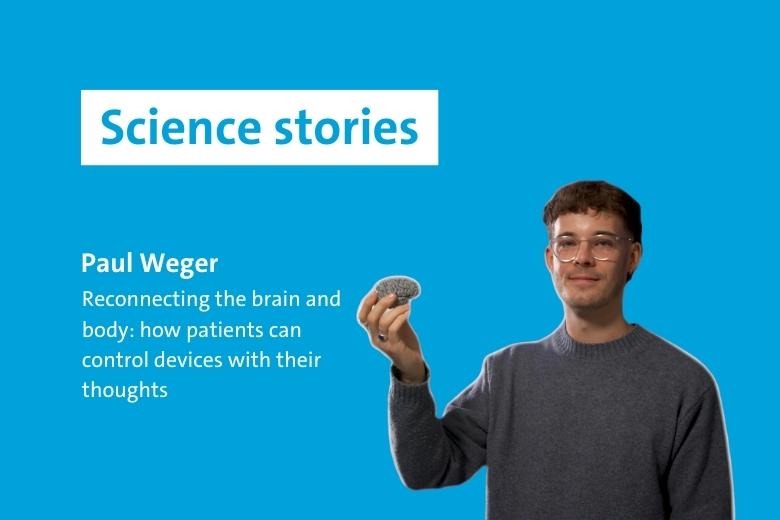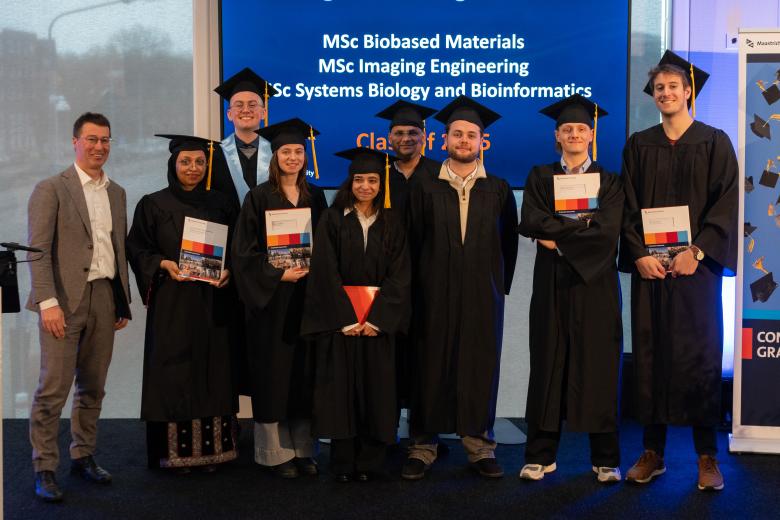WHO designates two CAPHRI centres as new Collaborating Centres for Public Health Leadership and Workforce Development
On October 10, 2025, the Care and Public Health Research Institute (CAPRHI) of Maastricht University has officially launched two WHO Collaborating Centres at a hybrid conference.
- The WHO Collaborating Centre Regions for Health and Cross-Border Public Health led by the Department of Social Medicine.
- The WHO Collaborating Centre for Public Health Leadership and Workforce Development led by the Department of International Health.
These new centres will support WHO’s work in generating robust evidence and developing tools and capacity-building programmes to advance the professionalisation and competencies of the public health workforce across the WHO European Region. One key area of focus will be the strengthening of public health leadership at regional and country level.
WHO Collaborating Centre for Cross-Border Public Health
The WHO CC Regions for Health & Cross-Border Public Health has received approval for a four-year term. This WHO CC will focus on three vital public health themes: Infectious disease control, Youth mental health and Environmental health and is part of Living Lab Public Health Mosa. Led by Prof. Dr. Christian Hoebe (Chair of the Department of Social Medicine and Living Lab Public Health Mosa) and Dr. Rianne Reijs (Youth Health Physician), the centre will bring substantial value to Maastricht University, CAPHRI, the WHO partners and most importantly, to the citizens of Europe, especially those living in the Euregion Meuse-Rhine.
Prof. dr. Christian Hoebe: “It’s an honour and a privilege to receive this recognition from the WHO, both at global and European level. I am proud to launch this WHO Collaborating Centre. It is an engine to turn evidence into action, thanks to all partners for powering gains in infectious disease control, youth mental health, and environmental health across borders.”
The centre aligns closely with the strategic vision of Maastricht University and Maastricht UMC+. It also addresses a pressing reality: around 30% of the EU consists of border regions, home to roughly 125 million people who often rely on cross-border access to healthcare, work, education, and daily life needs. These regions face unique challenges, such as differences in laws, healthcare systems, and socioeconomic conditions, but also offer exceptional opportunities for collaboration.
WHO Collaborating Centre for Public Health Leadership and Workforce Development
The Department of International Health at CAPHRI, Maastricht University, has been designated as the new WHO Collaborating Centre on Public Health Leadership and Workforce Development with the name of the professorial chair held by Professor Katarzyna Czabanowska, who leads the Centre together with Professor Milena Pavlova.
The Centre will support WHO’s efforts to advance the professionalisation of the public health workforce in the WHO European Region, and development of leadership competencies of the public health workforce by actively contributing to the implementation of the WHO European Public Health Leadership courses.
The Centre’s activities will focus on generating evidence, developing practical tools, and designing capacity-building programmes that address current workforce needs and priorities at both regional and national levels. By investing in public health leadership, the centre aims to equip health systems with skilled professionals who can respond effectively to emerging challenges and contribute to sustainable improvements in population health.
Prof.dr. Katarzyna Czabanowska: “People make public health. Only by recognizing, strengthening, and building capacity and competencies across sectors and disciplines, by enumerating and investing, can we achieve the vision of developing a sustainable public health workforce that can address current and future health challenges effectively, with confidence and trust.”
Also read
-
Reconnecting the brain and body: how to control devices with your thoughts
Can you control a robotic arm with your thoughts? Paul Weger (MHeNs) studies this to give back independence to patients with neurological conditions.
-
Green school playgrounds boost concentration and wellbeing
Children at schools with green playgrounds are better able to concentrate and display more social behaviour. This is the conclusion of a follow-up study within the long-running project The Healthy Primary School of the Future .
-
Ron Heeren appointed fellow of the Netherlands Academy of Engineering
Professor Ron Heeren, distinguished university professor at Maastricht University (UM) and director of the Maastricht MultiModal Molecular Imaging Institute (M4i), was appointed as a fellow of the Netherlands Academy of Engineering (NAE) on Thursday 11 December.